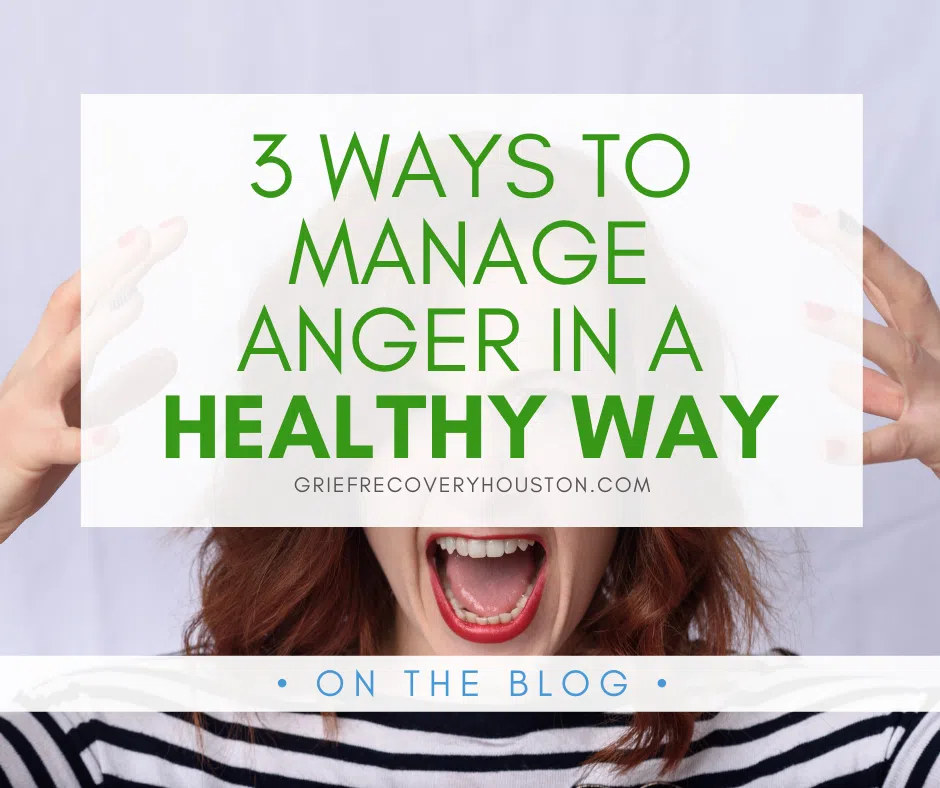- Unpacking Grief and Disability - July 8, 2024
- Breaking the Stigma: 5 Blogs to Better Understand Suicide - May 21, 2024
- 4 Tips for Better Sleep Hygiene - March 4, 2024
Making the decision to come to therapy is not an easy one. You should be proud of yourself for taking that first step! If you’re still feeling intimidated at the idea of talking about yourself with a total stranger, don’t worry, you are not alone.
At Grief Recovery Center in Houston, our therapists want all folks to feel comfortable before their first appointment. It can be helpful for people to know what to expect at a therapy appointment, especially if they’ve never been to one. So, here’s what you need to know about coming to a counseling appointment.
1. Get an idea of the time commitment.
![]()
Therapy sessions usually last about an hour, and in general, you should plan to see your counselor once per week. Of course, this depends on your individual needs – you will likely discuss with your counselor how often you should meet and how long sessions will be. Once you’ve discussed what brings you to therapy, your counselor may be able to give you a more updated timeline for therapy.
2. Be prepared to fill out some paperwork.
You will probably be asked to fill out paperwork before your appointment or when you get to the office. This paperwork will include demographic and insurance information and will also go over the policies of the therapy office you are working with. If you have any questions about the paperwork or want anything, make sure to ask your counselor during your first appointment! They will be able to explain all of the details for you or point you toward someone who can. In addition, some counselors will want to consult with you before you book your first session to see if they’re the right fit for you.
3. You may not find the perfect fit on the first try.
Keep in mind that you don’t need to have a perfect fit right away. You may have an initial consult with someone and book an appointment and find that they’re not the right counselor for you after all. That’s okay! Take a few sessions to work with your new counselor, and then if you still don’t feel they’re the right person to help you, they can more than likely help you find someone better suited to your needs. Your counselor will understand that they are not the perfect fit for everyone, and they will know that it is not personal.
4. It’s okay to ask questions.
Remember, you are seeking out a service, and it’s okay to ask questions about that service. You can ask things like:
- What kind of therapeutic approach or framework do you use?
- What is your training and experience? Do you belong to any professional associations?
- What do you expect me to do between sessions?
- What is your policy for canceled or missed sessions? (Note: this may also be covered in the paperwork discussed above!)
- What steps should I take if I experience a crisis?
- How much does an appointment cost?
- How does payment work?
- Do you take my insurance? How will my claim be handled?
- How does confidentiality work?
- Do you think this will be a long-term commitment?
5. You don’t only need to go when you’re in crisis.
You can attend therapy for any reason at any time in your life. Therapy is not reserved only for people in a crisis (although, of course, therapy is often helpful in those situations!). Attending therapy can be a part of regular self-care practice, like going to the dentist every six months. You can go for maintenance or specific issues. Just make sure to let your counselor know what brings you in so they can determine how best to help you!
6. Make a list of what you want to discuss.

If you’re feeling nervous before your appointment, writing down what you want to talk about may help calm you down. It will help you know in advance what you want to cover, in case you get there and forget anything. If you keep a journal, you may want to refer to it to pick out themes or issues to bring up to your counselor. Your counselor will probably ask you about the symptoms that brought you in, so you may want to jot down some examples.
Hopefully, this information will help you to feel a little bit more comfortable before your first therapy appointment! Read more about what to expect from counseling.
Are you looking for a counselor? Grief Recovery Center in Houston, TX can help. You can reach us at (832) 413-2410 or by filling out the form on our website. Take the time to speak with one of our licensed counselors today.






No comments yet.